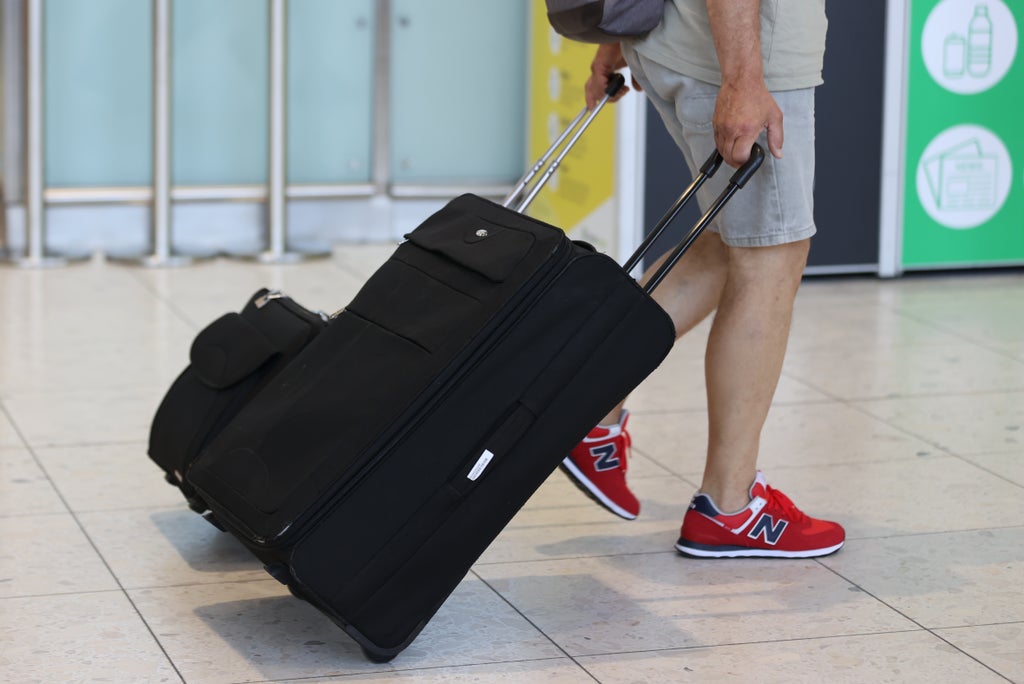
The requirement for fully-vaccinated UK tourists to take a coronavirus test before visiting the European Union is set to be scrapped before the Easter holidays.
All fully-vaccinated travellers should be allowed to enter the bloc without any restrictions or conditions, under a recommendation from the EU Council.
The council said in a statement that the move is in response to “the evolution of the pandemic” and “the increasing vaccination uptake and administration of booster doses”.
There is no evidence to support any other approach
Julia Simpson, president and chief executive of London-based World Travel and Tourism Council (WTTC), described it as a “sensible decision”.
She said: “The patchwork of rules and regulations did nothing to prevent the spread of Covid but did cause immense damage to the economy of Europe causing the loss of jobs and businesses.
“Now is time to rebuild travel and tourism, and connect Europe to the world.”
Italy and the Netherlands are among the EU countries which require UK arrivals to take a pre-departure coronavirus test even if they are fully vaccinated.
The EU Council noted that its recommendation to end the rule, which applies from March 1, is “not a legally binding instrument”.
It added: “The authorities of the member states remain responsible for implementing the content of the recommendation.”
Olivier Jankovec, director general of airport body ACI Europe, said: “We now know beyond any doubt that a regime based on travellers’ personal health status is right for individuals, for economies and for societies.
“There is no evidence to support any other approach.
“As the safe resumption of air connectivity gathers pace, it is vital that member states implement this recommendation, bringing structure, predictability and harmonisation to the benefit of all.”
Rafael Schvartzman, regional vice president for Europe airline trade body the International Air Transport Association (Iata), also welcomed the “logical recommendation” by the EU Council.
He went on: “A vaccinated traveller from outside the EU should be treated no differently from one inside the EU.”







